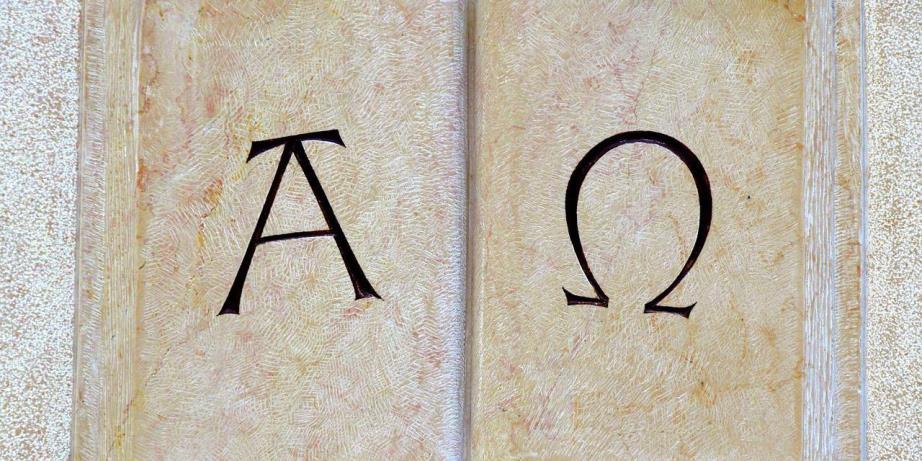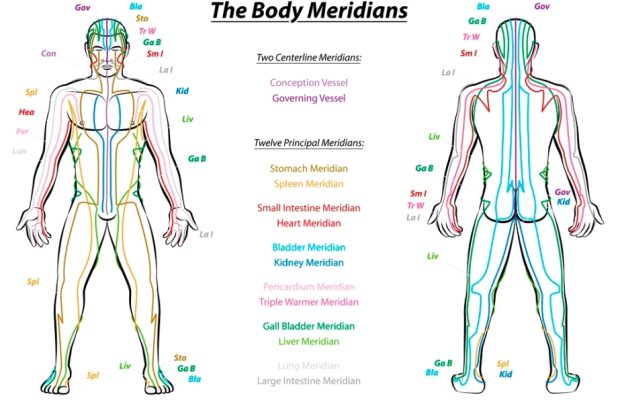
Arche (or archai) is a Greek word already used in the 6th century BCE, which, depending on the context, can mean “beginning,” “divine origin,” “source of action,” “first principle,” or “element.”

Arche refers to the first principle or element, the ultimate underlying, intangible, and indemonstrable substance of the universe, which is the source, origin, or root of all things that exist. Through arche all things come into being, and into arche all things are again resolved — the alpha and omega of life.
What substance exactly this arche consisted of remained a recurring point of discussion among successive Greek philosophers. Some philosophers claimed it was water, others said it was air or aether, but the philosopher Anaximander (610 – 546 BCE), for instance, proposed the existence of an apeiron, an indefinite, unnamable substance from which all things are born and to which all things will return.
Apeiron, which has the meaning “endless,” “infinite,” or “boundless,” is something completely unknowable, of unlimited extent and duration, eternal and ageless. It generates the opposites such as hot and cold, wet and dry, and so on, which enable the creation and continuation of everything in the world. In fact, Apeiron creates and maintains the world, but is not of the world.



















